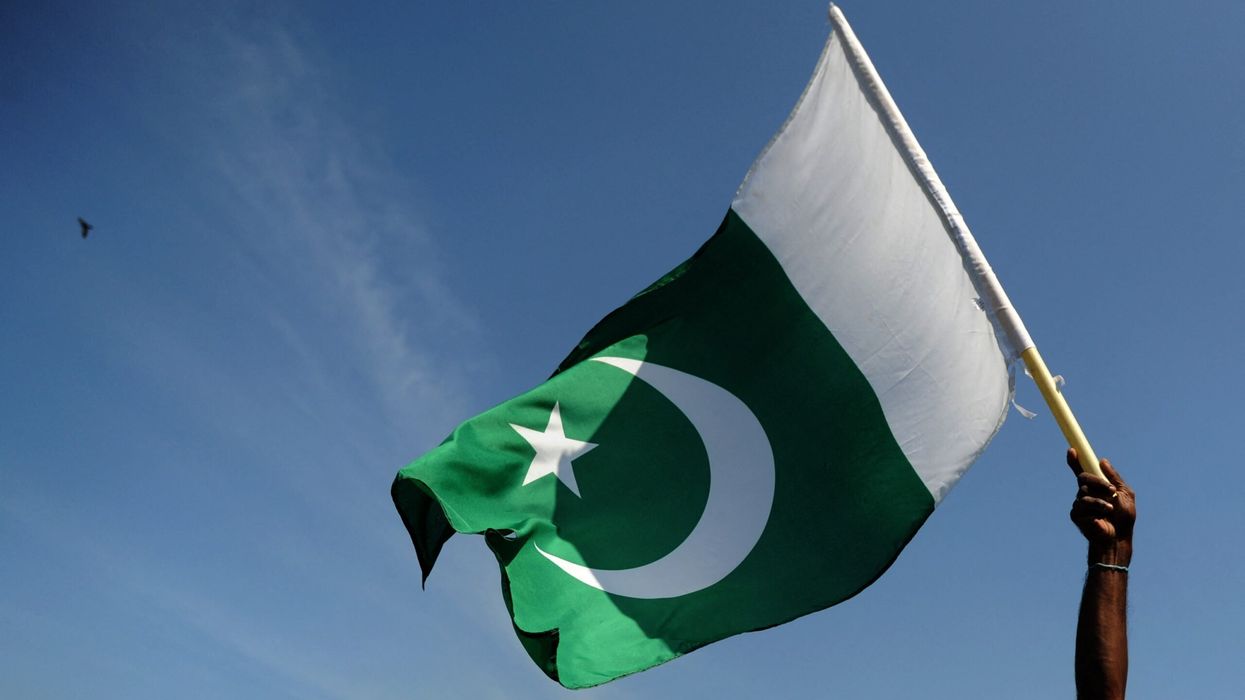PAKISTAN, facing severe financial difficulties, is currently negotiating with banks in the Middle East to borrow around $4 billion (£3.02bn) to meet its external financial obligations for the current fiscal year.
This effort is part of the $7bn (£5.5bn) Extended Fund Facility (EFF) that is awaiting approval from the International Monetary Fund (IMF).
On Thursday (22), finance minister Muhammad Aurangzeb and his team held a virtual meeting with Dr Adnan Chilwan, Group CEO of Dubai Islamic Bank, to discuss the country's economic outlook and explore potential investment opportunities, according to the Dawn newspaper.
Earlier, on Wednesday (21), a similar meeting took place with Ahmed Abdelaal, president and Group CEO of Mashreq Bank.
These discussions are part of Pakistan's broader strategy to secure about $20bn (£15.1bn) in foreign loans, as outlined in the national budget for the current fiscal year. This includes an additional $3bn (£3.02bn) rollover from the UAE to help balance payments.
The government anticipates that with these borrowings, the country's reserves could increase to approximately $19-20bn (£14.3-15.1bn) by the end of the fiscal year.
Meanwhile, The Express Tribune reported that Pakistan has started to seek commercial loans from Middle Eastern banks to cover its external financing gap after the IMF postponed its approval of the $7bn (£5.5bn) EFF.
This delay came because Pakistan failed to secure an extra $2bn (£1.5bn) in financing and a rollover of $12bn (£9.07bn) in cash deposits from Saudi Arabia, China, and the UAE. The finance minister remains hopeful that the IMF will approve the new EFF next month.
Pakistan has also intensified its engagement with foreign commercial banks, though high financing costs and a low credit rating from international agencies remain significant hurdles.
Pakistan's current credit rating stands at CCC+, which is below investment grade, leading to higher interest rate demands from commercial banks.
Meanwhile, on Thursday, the Ministry of Finance and the State Bank of Pakistan (SBP) briefed the Senate Standing Committee on Economic Affairs about Pakistan's engagements with the IMF since 1958.
Qader Bakhsh, an executive from the SBP, informed the parliamentary forum that Pakistan's last Stand-By Arrangement with the IMF had an average interest rate of 5.1 per cent, making it a costly deal.
He also noted that the new IMF loan is expected to carry similar rates unless global interest rates decline.
The IMF interest rate is determined by the Special Drawing Rights (SDR) basket price, plus a 1 per cent base rate and two additional surcharges linked to loan volume and duration, he explained.
The SBP official further detailed that if a country borrows more than 187.5 per cent of its IMF quota, a 2 per cent surcharge applies.
Additionally, a 1 per cent surcharge is levied if the borrowing period exceeds three years, he said.
Traditionally, lending by the World Bank, the Asian Development Bank, and the IMF was considered affordable. However, due to Pakistan's increasing borrowing needs and limited capacity to sustain such debt, the WB and ADB have also raised their interest rates.
Data shared by the finance ministry revealed that Pakistan's interest costs on IMF loans have steadily risen since 2008. That year, Pakistan borrowed from the IMF at an interest rate of 1.6 per cent, which increased to 2.4 per cent in 2013. The 2019 IMF programme was secured at an average interest rate of 3.41 per cent. (PTI)













